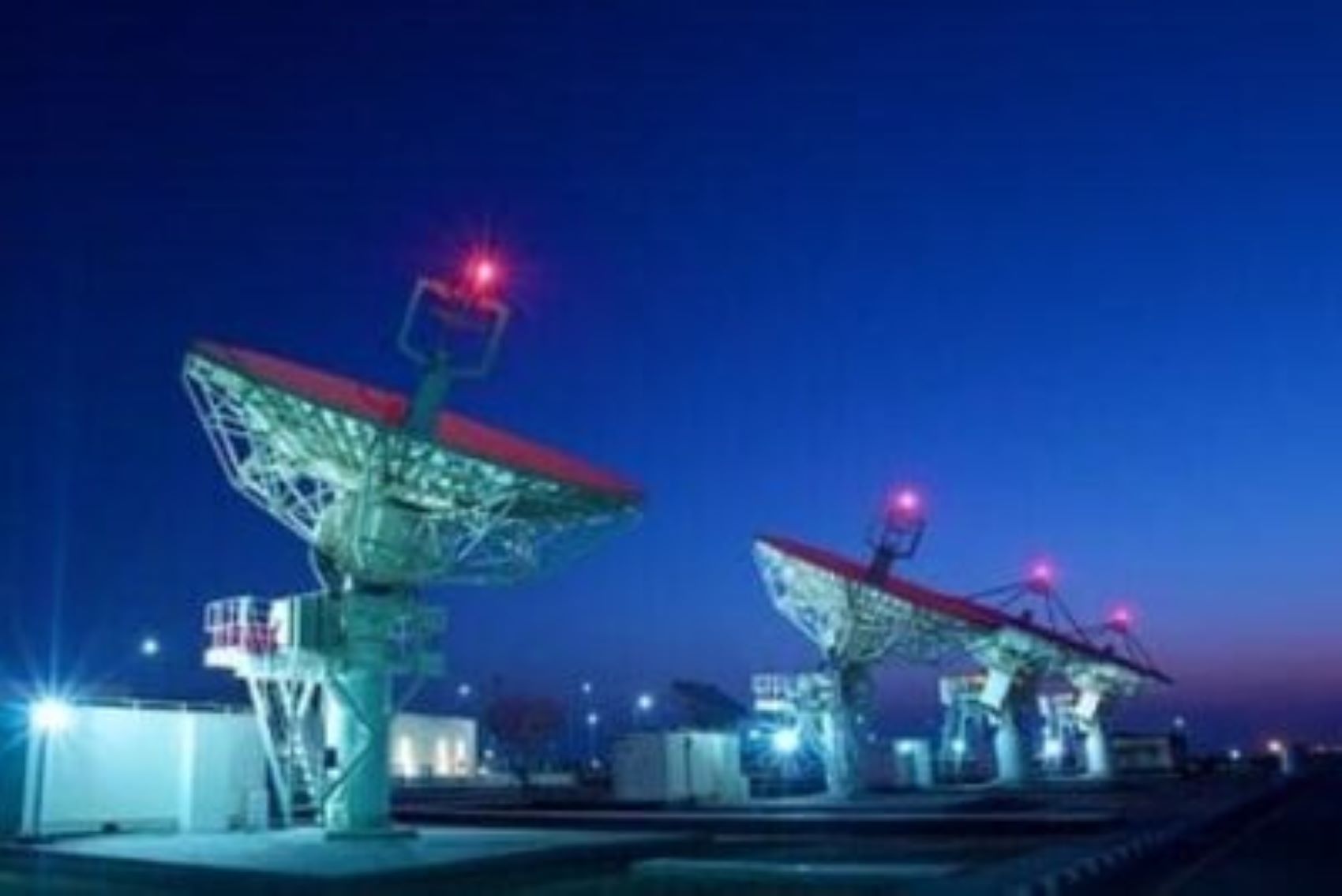ABU DHABI, UAE – Chief Executive Officer of Yahsat Group Ali Al Hashemi has announced that the company expects to allocate over US$100 million this year for capital expenditures as part of the T4-NGS satellite program.
The program, the next-generation telecommunications system for Thuraya, is scheduled to begin operational service in H1 2025 with a total cost of up to $550 million, including manufacturing, launch, insurance and new ground infrastructure.
In a statement to Emirates News Agency, Al Hashemi stated that the company has invested over $2 billion since its inception in satellite equipment, including Al Thuraya satellites.
He said that the company has invested over $1 billion in relevant ground infrastructure worldwide, reiterating the company’s commitment to continue investing in such programs, including the T4-NGS satellite.
Al Hashemi confirmed that the company will make significant additional investments in the coming years to enhance its satellite fleet, including the potential launch of two new satellites, Yah 4 and Yah 5, for fixed satellite communication services.
These satellites will increase the capacity provided to the government under a capacity services agreement expiring in November 2026.
Al Hashemi highlighted that Yahsat offers multi-mission satellite services in over 150 countries across Europe, Middle East, Africa, South America, Asia and Australia.
Yahsat’s fleet of five satellites reaches more than 80 percent of the world’s population, enabling critical communications, including broadband, video broadcasting, backhauling and mobile voice and data solutions.
Regarding Yahsat’s expansion plans into new countries, Al Hashemi stated that the company seeks potential opportunities to expand its operations and enter new markets, such as direct device communication solutions that provide direct connectivity from satellites to billions of devices.
This idea has gained significant interest from phone manufacturers and telecommunications operators, particularly those interested in offering value-added services to their customers.
Yahsat is also interested in the Internet of Things (IoT) and Machine-to-Machine (M2M) communication fields due to the high demand for applications in these areas, he added.
The CEO of Yahsat stated that the company is considering seizing business opportunities in Earth observation and remote sensing sectors by launching at least five satellites in collaboration with the Bayanat company.
These satellites will form a satellite constellation that uses Synthetic Aperture Radar (SAR) technology and monitor the Earth through visual imaging.
He highlighted that Yahsat is well-positioned to play a significant role in this national initiative by developing its capabilities in Earth observation and remote sensing services.
Regarding acquisition operations, Al Hashemi said, “We seek to continue our growth through acquisition operations. This is common in the space and satellite sector, since acquiring satellite rights and spectrum specifically requires a long time.”
He emphasized Yahsat’s commitment to developing the next generation of Emirati engineers and actively participating in initiatives to build knowledge and skills for Emirati youth.
He mentioned the establishment of the Yahsat Space Lab in 2017 in partnership with Khalifa University, the UAE Space Agency and Northrop Grumman.
It was established as the nationwide focal point in the design and Assembly/Integration/Testing (AIT) of CubeSats, both in terms of facilities and expertise.
Over the past three years, more than 30 Emiratis have been trained in the lab, which provides on-the-job training opportunities.
The lab also facilitates interaction between trainees and new Emirati employees through internal training programs, satellite programs, and job placements.







